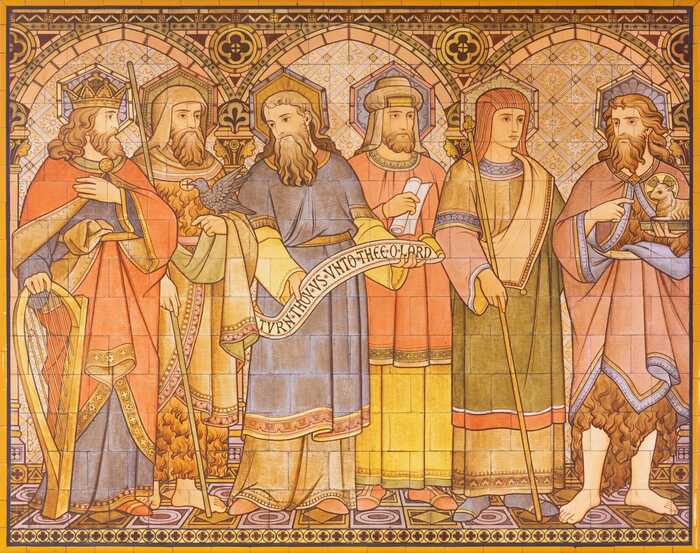My Bible Study for All Saints

Luke 6: 20-31
In the Gospels, Jesus frequently turns things upside down and today’s Gospel reading is no exception. It’s the sort of passage where we should feel a jolt while reading it; the words really do feel like a “wake-up call.”
Verses 20-26 are entitled “Blessings and Woes.” The four blessings of verses 20-23 are matched point by point in verses 24-26 with “woe to you” statements.
Firstly, the blessings. Some commentaries on the “blessing” verses dismiss these blessings or Beatitudes in verses 20-23 as a means of seeing one’s hardships as a freeway to heaven because you have suffered so considerably on earth. I think this is rather too simplistic and certainly Luke’s Jesus understands blessedness and woe in two inter-related ways. On the one hand, the poor and hungry, the sad and the scorned, are blessed because God has special concern for them. God is on their side and they are forced by their circumstances to rely solely on the mercy of God.
On the other hand, what about the so-called woes when the rich, the full, the laughing, and the well regarded will have their fortunes reversed? This is a timely reminder that when we live at the centre rather than at the margins, there is a temptation to forget to trust God and rely fully on Him. Too often, we think that we know best and can take care of ourselves. Our utmost reliance on God should not be forgotten.
The passage then moves us in verses 27-31 to remind us in no uncertain terms to love our enemies and to “turn the other cheek.” More jolting statements. But, as we have been blessed in Christ, so we should pray for God’s blessing upon those who set themselves against us and Christ. It is not so easy to pray for our antagonists but that is what we are called to do.
Today’s passage is also helpful in terms of thinking of better ways of interaction in our workplaces. At the individual level, there may be conflicts and competitions, but we have to work with others and enable all to work as well as they can together. Unfair or unproductive actions against other organisations in competition to our’s is not the way to go either. Every institution works differently but this passage at least pulls us back to proper ways of behaving in the light of Jesus’ teaching.
On All Saints’ Day, in particular, we remember those who have gone before us in the faith. Some of the everyday saints struggled as we do to hear this passage as good news. Other more renowned saints lived the gospel in spectacular ways.
The challenge for us all is that “holy living” should be grounded in the real struggling and suffering of real people, and the challenging of societies and systems that depend on the suffering of many to support the few. It is in this hope that the true celebration of All Saints’ Day lies.
Posted on November 1st 2022
